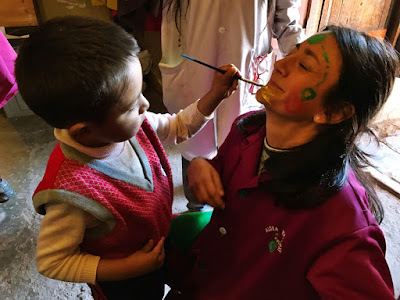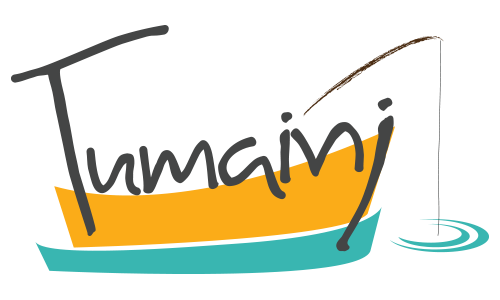What is a solidarity trip? 5 keys to understand it
 |
| Luis during his solidarity trip in a elephant sanctuary in Thailand. |
Many and many of you have asked us the same questions. What is a solidarity trip? Visit an NGO during my vacation? Make a donation? be cooperative? We tell you what we understand by solidarity trip in Tumaini in 5 keys!
1. A solidarity trip is a trip to a country in the South
Surely you have seen volunteer and cultural exchange programs in Europe, the United States, etc. and most offer interesting experiences. But, for Tumaini, making a solidarity trip means getting to know a country from the South, that is, one that has not reached the levels of economic progress of the so-called “developed countries”.
Because? Because we want to help small NGOs in these countries to have volunteers and financial income so that their projects can continue. In most cases, it is organizations with few resources, so they cannot spread their projects or manage volunteers internationally. At Tumaini we help you make it happen.
 |
| We have just launched a new educational solidarity trip to Cambodia. |
2. A solidarity trip is volunteering
In fact, for us collaboration is the essence of the trip. It is not just about visiting an NGO for a day and learning about its work. It consists of being part of the project, learn and support in their daily tasks. According to the NGO, the people who travel collaborate in tasks such as: school tutoring, recreational activities with children, language training for adults, food preparation and cleaning of facilities in projects with animals, setting up the garden in environmental NGOs, etc
In some cases, the volunteers will only support the people in charge of the NGOs. In others, Can you give ideas for activities?, or offer your professional knowledge for a specific project (for example, a hygiene workshop, teaching machine sewing, planting an orchard or building a well). The NGO decides, as it is the one that knows best the local needs, always in dialogue with Tumaini.
| In bolivia The volunteers learn to care for birds, primates and cats. |
3. A solidarity trip has a minimum duration
It is essential for the person who travels to adapt to the new reality and know the social problem to which the NGO responds (deficiencies in public education, child labor, orphanhood, animal trafficking, etc.). In addition, it is the minimum time that a volunteer needs for their volunteering to have a small social impact in the country they visit.
On most Tumaini solidarity trips, the minimum duration is two weeks. The NGO, in collaboration with Tumaini, decides this minimum collaboration time. In educational projects it is essential, since the people who travel have to know and gain the trust of the students. The same thing happens in NGOs with animals: elephants, monkeys, badgers, etc. they also need days to adjust to the people they collaborate with. In environmental solidarity trips, commitment for a certain time is also important so that there is continuity in the tasks.
 |
| While the boys and girls learn, their mothers work in Varanasi. |
4. A solidarity trip helps NGOs to be self-sustaining
Because, in most cases, the volunteers stay and eat in the same project. so everything the benefit of your stay falls on the same organization and it is an important source of income for her.
In many cases, the project manages a “Volunteer house”, so travelers live with people from various countries. This further enriches the experience. Also, important friendships often arise! On other occasions, people live with the founders of the NGO. In this way, the trip becomes a total immersion in culture and an inspiring experience, since you have the opportunity to learn more about people who one day decided to fight to change their reality.
 |
| In Peru, the boys and girls work on social issues through art. |
5. A solidarity trip is learning, not cooperation
This point often creates a lot of confusion. If I participate in a solidarity trip, am I a cooperator? At Tumaini we always give a resounding answer: NO. A cooperator is a person with specific training who collaborates professionally in a project. On a solidarity trip, a specific profile is not required and it is an awareness-raising experience that usually lasts between two weeks and a month.
When they return, travelers often tell us: “They have contributed more to me than I have to them”. And it is true. Because a solidarity trip is a learning experience. Volunteers return with new knowledge, develop skills, get to know other cultures, learn to adapt to new environments and ways of working, etc. Of course, NGOs also benefit from their collaboration, and at Tumaini we will do everything possible to ensure that this benefit is as great as possible. But we must be realistic and understand that the impact that a two-week grant can have cannot be compared to that of a cooperation project.
Collaboration. Learning. Southern countries. Coexistence. Exchange. Friendship. All this and more is a solidarity trip. Now you know it in theory, Do you dare to live it in practice? 🙂 We will be happy to accompany you on the adventure!
 |
| Education and coexistence in the solidarity trip on the beautiful island of Bali. |



